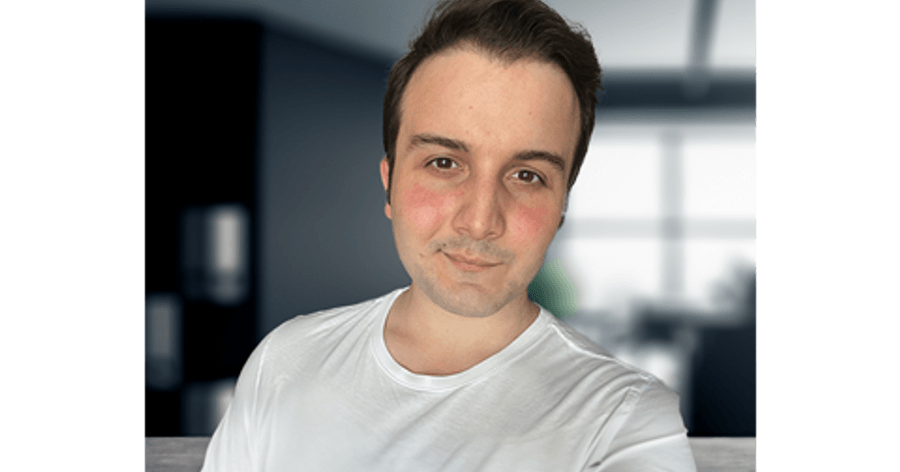Meet Yusuf Berki: The Healthcare AI Trailblazer
2 minutes reading

Yusuf Berki is not your average data scientist. His journey from hobbyist coder to healthcare AI innovator demonstrates his passion for using technology to improve lives. At Black Peak Technologies, Yusuf leads the development of a groundbreaking machine learning anomaly detection system for the Italian Telemedicine system. This work aims to revolutionize patient care by identifying and even predicting anomalies in vast datasets related to remote medical support calls.
I first encountered data science in 2017. My first field of study was computer vision and image processing. Afterward, I improved myself in machine learning, deep learning, and LLM and developed projects in these areas.
I am working on the development of a machine learning and deep learning-supported anomaly detection system that can work under different data conditions and report data and anomalies with graphics for the Italian Telemedicine.
With the development of large language models (LLM), it is now possible to use artificial intelligence models easily even for people without technical knowledge. In this way, it is quite possible that the communication established in daily life will now become data and feed the models. The development I expect to occur in the field of healthcare is the development of artificial intelligence decision support systems that can understand the patient's complaint and story and convey the diagnosis and treatment to the patient in the most appropriate language.
We work with a dynamic and knowledgeable team. Since everyone brings their own experiences to the table, everyone learns something in every brainstorming session. People's past experiences in different domains make it easier to draw the vision of the projects. In this way, we can develop both fast and professional solutions.